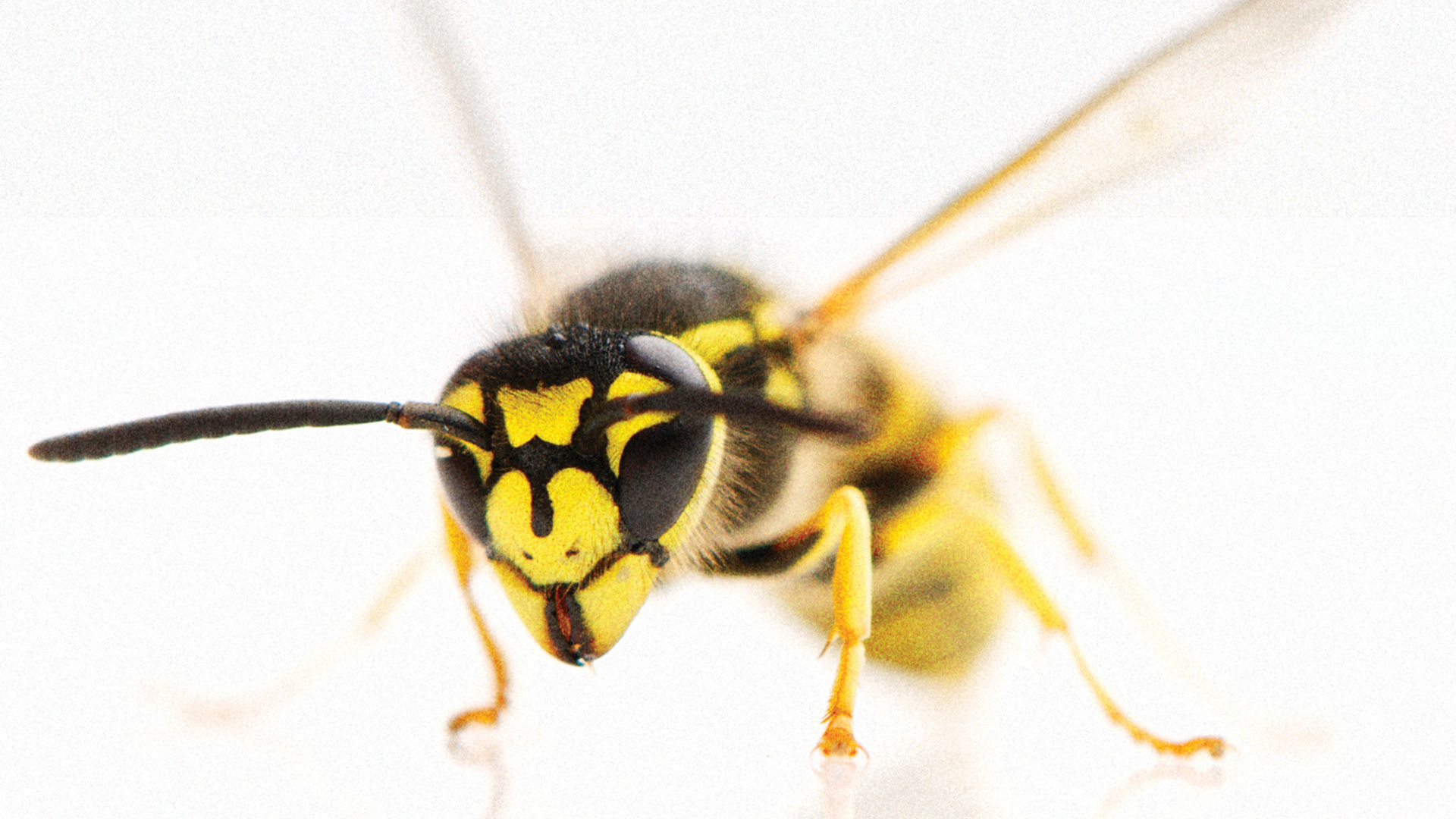By Paul Witcover
Locus
July 2011
Nick Mamatas’s new novel Sensation is a dark satire featuring a cool SFnal premise that is actually just a metaphor for the way things really are, if only we weren’t, by and large, too dumb to see it. But luckily we’ve got Mamatas to point it all out for us, which he does with scathing – if sometimes obvious – wit and gleefully misanthropic snark. The book is as grimly antic as anything by Vonnegut, yet more bitter, and as paranoiac as anything by Dick, though less hopeful. That’s Mamatas for you: he makes Vonnegut look warm and fuzzy, and Dick look like a cockeyed optimist.
The novel is set in 2020 – the year of perfect hindsight – but that’s just a conceit; the actual content of the novel places the action squarely in the present or very near future. It ranges from Manhattan to Brooklyn to Jersey City to Ohio, and from reality as we know it, or thought we knew it, to an ersatz version of that reality, which is even more mundane, though entirely artificial, called the Simulacrum.
Mamatas builds off the fascinating if creepy behavior of a subspecies of wasp, Hymenoepimecis sp., which – this part is all true – preys upon a particular species of spider, Plesiometa argyra. The wasp lays eggs in the spider’s abdomen, after which the larvae hatch out and excrete a chemical that turns the spider into what amounts to a zombie slave whose sole purpose in what little life remains to it is to spin a skewed web that happens to be perfectly suited to sheltering the pupating wasp. Once the web is complete, the larvae eat the spider build a cocoon, go night-night, and finally hatch out ready to carry the majestic cycle forward. This has been going on for millions of years.
In that
time – and this part is not true, at least so far as I know – natural
selection has gifted or cursed the spiders with a kind of collective
consciousness or hive mind; unfortunately, they have not developed a
corresponding immunity to the stings of the wasps. Basically, the
spiders are smart enough to know they are fucked but not smart enough to
do anything about it. Perhaps nothing, short of wasp genocide, could be
done. In any case, the spiders’ total vulnerability to the wasps makes
that all but impossible.
However, in the desperate struggle against
the wasps – who are entirely creatures of instinct – the spiders have
fastened onto, in some cases quite literally, the only other intelligent
species to evolve on Earth: that is, Homo sapiens. Us.
This is all very up front, by the way. No spoilers involved. Mamatas quickly clues us in to what is going on, or at least the general outlines of it: he keeps a few surprises up his sleeve. But since the novel, as we soon learn, is narrated by a spider – or, rather, by the group consciousness of the spiders, an arachnid ‘‘we’’ – this secret history needs to be communicated early on.
While it’s the nameless narrator who supplies the information about the war between the wasps and the spiders – it’s actually more of an endless culling, with the spiders able to fend off genocide only by dint of sheer numbers – what prompts the story (and Mamatas never really makes clear why the spiders are telling this particular story, or to whom) is a random encounter between a wasp and a young woman, one Julia Ott Hernandez, who, rummaging through a box of blankets stored in the Queens basement of her mother-in-law, is stung by one of a colony of wasps resident there for seven generations, since the box was shipped northward from Central America, ground zero for Hymenoepimecis sp.
Now, these wasps have stung humans before, throughout history, with some pretty notable results, as the neurochemicals released by the subcutaneously inserted larvae turn their human hosts into mad geniuses of sublime art or monstrous criminality. The wasps, recall, are devoid of reason; humans do not act in their service, as their spider victims do, and thus the effect of a wasp sting on a human being is not part of a greater design: the afflicted humans do not go out and build better nests for Hymenoepimecis sp. No, instead their brains are short-circuited in interesting, amusing, and/or horrifying ways, leading to corresponding behaviors. Mamatas does not get into the science of this, and even as a plot device it’s basically an unredeemed McGuffin, though an inspired one.
The spiders, in addition to developing a hive intelligence, have learned to infiltrate human society – or, as they call it, the ‘‘anthroposphere’’ – via ‘‘men of indeterminate ethnicity,’’ artificial bodies spun of ‘‘tubiliform silk’’ that host colonies of spiders and mimic human appearance and behavior so precisely that they are even able to get it on with human females, though no progeny results. Further, they have developed an ersatz anthroposphere of their own – the aforementioned Simulacrum.
‘‘The Simulacrum,’’ explains our helpful narrator, ‘‘is not just a precise copy of the world, it is overlaid on your world, like the other half of a chessboard a particular pawn may never cross.’’ This intriguing conceit, reminiscent of Miéville’s The City & the City, is never fully explored or explained. Mamatas doesn’t lack cool SFnal ideas, but he seldom fleshes them out satisfactorily. One reason is that he doesn’t care to: Sensation isn’t a traditional SF novel in which such inventions require a more robust explanation; instead, he’s using them as metaphors pure and simple, and in that sense he’s not really writing SF at all. He’s writing a satire about the present that mimics a near-future SF novel about as well as the spiders’ ‘‘men of indeterminate ethnicity’’ mimic human males. I would go so far as to say that he’s offering up, along the way, a very harsh critique of SF as it is generally practiced and conceived, and yet also a defense of its possibilities, even though he doesn’t explore those possibilities himself – another reason the novel is, despite its intelligence, energy, and humor, a frustrating read.
The wasp that stings Julia is no ordinary specimen of Hymenoepimecis sp. High levels of radon in her mother-in-law’s basement have, over seven wasp generations, induced a powerful new kick to the neurochemicals released by the larvae. The chemical excretions of the mutated larvae give Julia ‘‘peculiar urges’’ and ‘‘innovative new ideas about life, society, and her role in it.’’ In short, they turn her into a smart-assed but dangerous anarchist, or, as she puts it, a ‘‘horrid murderess and merry prankster.’’ In addition, she gains unusual charisma, giving her the ability to infect other human beings not with the larvae themselves, or the neurochemicals they excrete, but with echoes of the bizarre or antisocial ideas brewed by those neurochemicals in Julia’s rewired brain. She becomes a vector for violent, unpredictable memes.
An act of politically inspired graffiti by Julia, a shout-out to a beloved geek band, triggers a sequence of unlikely events that snowballs into murder and a full-fledged underground revolutionary movement that, for a brief time, will threaten to disrupt Western civilization and, more importantly, at least as far as our narrator is concerned, remove an essential buffer protecting the spiders from the wasps… and setting back for generations or perhaps even more a longstanding plan of the spiders.
Mamatas is playing around with the idea of human civilization and culture being a kind of memetic virus, something expressed through human beings but not necessarily originating in them, at least not consciously. The business of the wasps and the spiders isn’t meant seriously, even in the context of the novel, though the questions about human nature, free will, and so on that it gives rise to are, but Mamatas isn’t really interested in answering those questions.
Instead, he uses this
toolkit of SFnal tropes – genetic mutations, conspiracy theories,
Internet meltdowns, alternate realities, alien intelligences, etc. – to
present modern-day American civilization in a distinctly unflattering
light. He then proceeds, via the actions of his main and secondary
characters, to skewer this degraded civilization and its discontented,
without, as is a satirist’s prerogative, offering any alternatives. But
his social targets are so obvious, deserving, and frequently attacked by
others that it comes across as jumping on an already overcrowded
bandwagon. As for his characters, they are, as I mentioned, hard to
like. Julia is a vicious nut job with delusions of revolutionary
political agency. Her estranged husband, Raymond, is a bland nebbish.
Alysse and Davan, two Brooklyn hipsters opposed to the gentrification of
the Atlantic Yards project, are shallow hypocrites in whom irony passes
for self-awareness. Liz, a graduate student in psychology who becomes
Raymond’s lover, is a cold, vain, intellectually castrating termagant.
It is very difficult to care about what happens to any of these
unpleasant fish in their barrel, and more than once as Mamatas blasted
away at them, scoring hits from point-blank range, I thought of Groucho
Marx’s line from A Night at the Opera: ‘‘Hey, you big bully. What’s the
idea of hitting that little bully?’’







